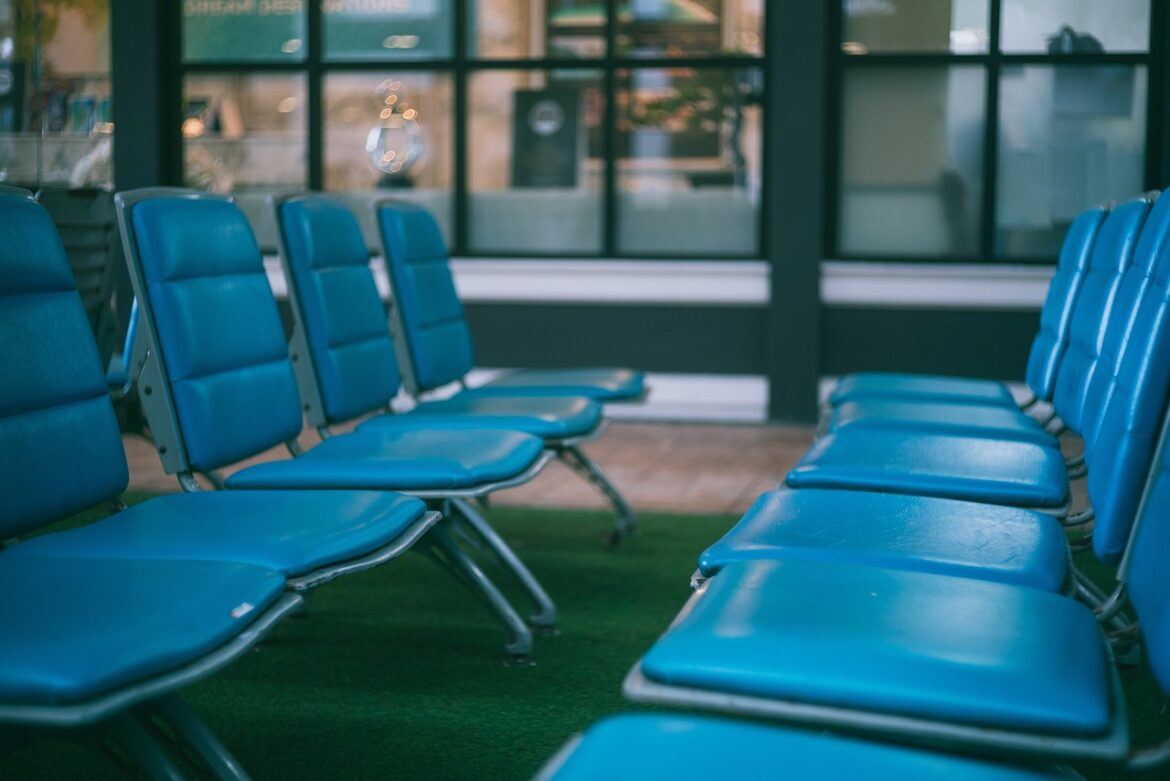The travel industry is undergoing significant changes in 2025, with emerging trends influencing how hospitality properties operate and travelers experience their journeys. Sustainability, technology, and personalization are at the forefront of these shifts, impacting everything from construction to customer service. Here’s a look at some of the key trends and how they’re reshaping the travel workflow.
Evolution of Hospitality Workflows
As travelers increasingly prioritize experiences over mere destinations, hotels are adapting by incorporating smart technologies and energy-efficient systems through renovations rather than new constructions. This approach allows properties to maintain their identity while enhancing the guest experience with adaptable spaces and upgraded amenities.
Renovations Over New Builds
Many hotel owners are opting for renovations to stay competitive. Renovations enable them to integrate new technologies and amenities without losing their property’s unique character. For instance, PCL Construction experts have seen a surge in demand for upgraded retail, dining, and adaptable spaces that enhance guest experiences.
Technological Advancements in Travel Workflows
Technological advancements are revolutionizing how travel is planned, experienced, and managed. AI is playing a crucial role, from personalized travel planning to streamlining logistical operations.
AI-Driven Travel Planning
Generative AI is transforming travel planning by creating customized itineraries based on travelers’ preferences, past experiences, and budget. AI-powered travel assistants can recommend less crowded travel dates, suggest activities, and even remind travelers to renew their passports, making the planning process more efficient and personalized.
Biometric Technology and Contactless Processes
Beyond AI, biometric verification and contactless processes are being integrated at airports and check-ins to reduce wait times and enhance security. Facial scans and fingerprint authentication are becoming more prevalent, aiming to make travel more frictionless and secure.
Impact of Emerging Trends on Workflow Efficiency
Emerging trends are not just about technology; they also involve changes in travel behaviors and preferences.
Flexibility in Travel Planning
Travelers now prefer flexible booking options, moving away from rigid travel plans. This shift requires travel companies to adopt agile workflows, leveraging technology to provide real-time updates and adapt to changing travel patterns.
Solo Travel and Workations
Solo travel and workations are gaining popularity, contributing to a diverse range of travel experiences. Destinations are responding by offering tailored services and amenities to cater to these travelers, which involves adapting workflows to meet unique needs.
Collaboration and Digital Transformation
Effective collaboration between business and IT teams is crucial for implementing these trends. Agile methodologies promote flexibility and continuous improvement, allowing companies to keep pace with technological innovation and changing consumer demands.
Agile Methodologies
Agile workflows are essential for seamless digital transformation. However, challenges arise when aligning business and IT teams due to communication barriers and siloed workspaces. Successful implementation requires breaking down these barriers to foster collaboration and drive innovation.
Conclusion
The travel industry is embracing a future where technology, sustainability, and personalization converge to create a more streamlined and enjoyable travel experience. As these trends continue to evolve, understanding and adapting workflows will be key to staying competitive and meeting the changing needs of travelers.
References:
- https://www.morningstar.com/news/pr-newswire/20250612ca09378/2025-travel-trends-influencing-construction-and-renovations-at-your-summer-destination
- https://www.thinkdigital.travel/opinion/unlock-the-top-tourism-trends-for-2025
- https://www.mightytravels.com/2025/06/examining-travel-trends-from-exhibition-a-free-chart/
- https://www.warc.com/content/feed/travel-industry-expected-to-slump-as-us-travel-falls/10640
- https://solguruz.com/blog/top-use-cases-of-generative-ai-in-travel-industry/
- https://www.clevr.com/resources
- https://www.phocuswire.com/travel-tech-news-briefs-June-6-2025
- https://www.comnetwork.org/jobs



